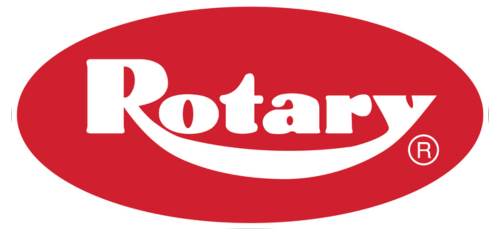 To buy or not to buy. That is the question.
To buy or not to buy. That is the question.
Well, that’s the question for fleet owners and managers when it comes to their new trucks. It’s not a new question either. Fleet managers have wrestled with this for decades. It’s a hard question to answer, because the answer fluctuates for many fleet owners as new technologies and new services are introduced.
In general, fleets of more than 500 trucks often choose to purchase instead of lease, because their total cost of ownership (TCO) is lower when they own their fleet instead of lease it. But what about fleets smaller than 500 trucks? That’s where it gets fuzzy for many fleet owners.
Several years ago, the accounting and consulting firm Ernst & Young conducted a study on total cost of ownership for various fleet sizes. It’s a good, short read. And while some of the data will be out-of-date, the general findings are still beneficial for many fleets.
Their overall conclusion: “We suspect some small-to-medium fleet-size companies may benefit from outsourcing their fleet and maintenance to a large fleet leasing provider that has significant economies of scale.”
This may come as a surprise to some of you with fleets in that range. Many fleet owners and managers believe Full Service Lease (FSL) providers don’t actually present a better opportunity than full ownership of their own fleet. However, Ernst & Young determined this view is often based on incomplete calculations, since many fleet companies don’t include capital costs when they determine their Total Cost of Ownership (TCO). They rationalize the absence of accountability for these costs, because they purchase their equipment using cash.
Initially, that view makes sense. But it ignores one major thing—opportunity cost. If you’re a fleet owner, you could invest that capital in a vehicle (pun intended) that might provide a higher rate of return to your investors. We’re sure your investors expect a certain rate of return. And as your margins shrink over time, those expectations are harder to meet if all of your capital is spent buying new vehicles, so it’s imperative to take this capital into account when deciding whether to lease or buy.
This is just one thing you should take into account when determining whether to buy or lease. There are many other truths that can make a difference, too.
The larger the fleet, the more you can flex your muscles. Large fleets have better negotiating power when it comes to their expenses. This is as true with truck dealers as it is with suppliers. Just like you get a better volume discount on oil when you purchase more, you can get a better deal on trucks with dealers.
Economies of scale provide the biggest benefit to total cost of ownership. If you have a smaller fleet that grows into the 100-499 fleet size, you’ll see the biggest decrease in your cost per mile due to economies of scale. At this point it could be better to purchase your vehicles. But if you have a smaller or medium-sized fleet, you may be better off financially if you outsource your fleet and its maintenance to an FSL so that you can benefit from their economies of scale when it comes to maintenance, repairs and registration.
There are potential tax benefits in both leasing and owning. If you lease your vehicles, you can expense your operating lease payments. If you purchase your vehicles, you’ll eventually pay off those loans. Once you do, that part of your fleet now becomes an asset on your balance sheet. (We’re not accountants, though, so you should definitely consult with a tax advisor for your very specific situation.)
Time is on your side whether you own or lease. If you own your vehicles, they typically stay on the road about 1.5 years longer than leased vehicles. On the other hand, leased vehicles can be exchanged every few years, which keeps your fleet up-to-date when it comes to technological advancements.
The road is tough. It doesn’t care whether you own or lease. It’ll leave its mark on your fleet—both inside and outside the cab. As an owner, this affects maintenance costs. As a fleet manage who leases, it can drive up the cost of penalties for mileage and excessive wear.
{{cta(‘b8cf1814-3102-4e80-b1e7-c03448a8273f’,’justifycenter’)}}
